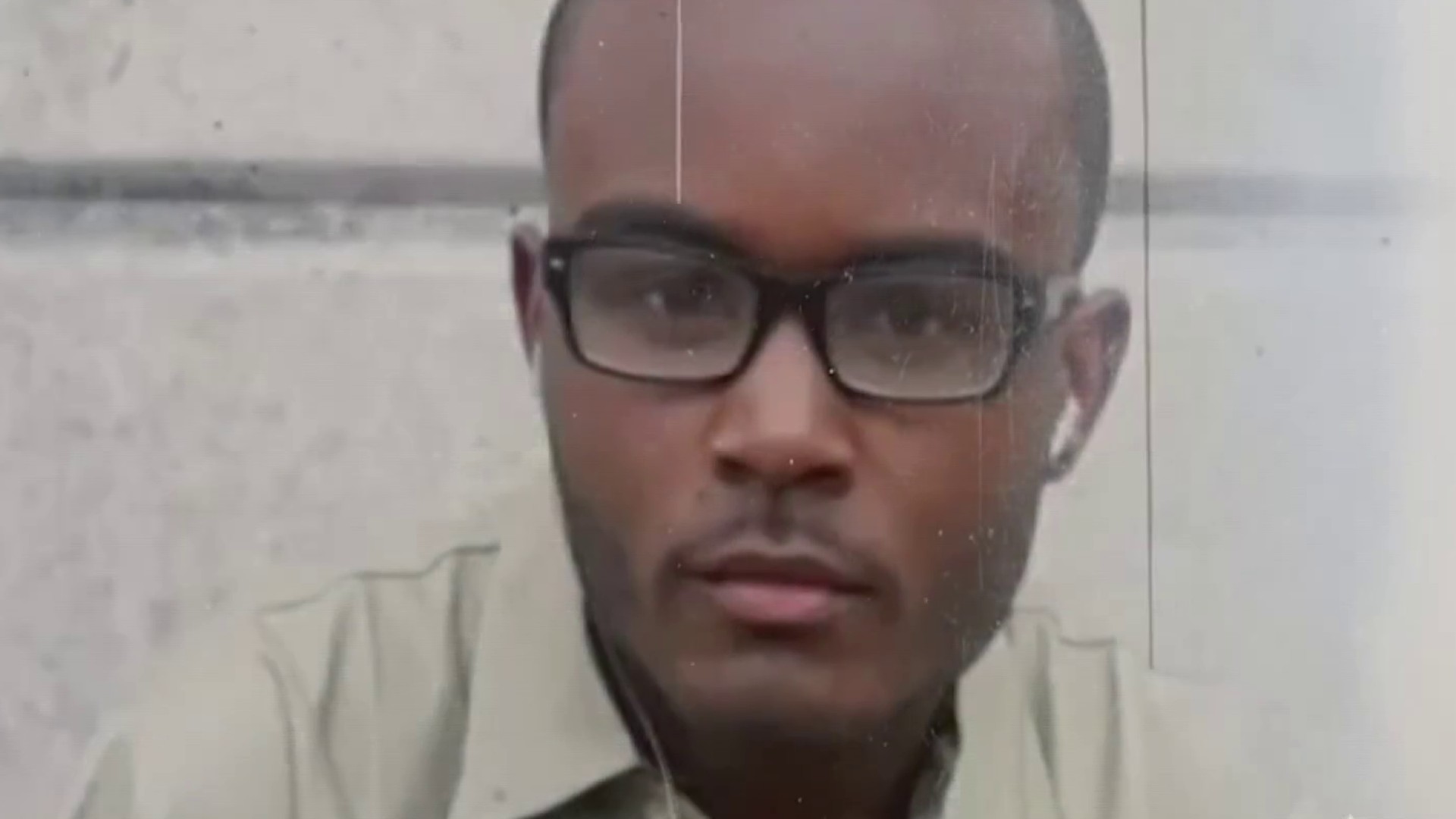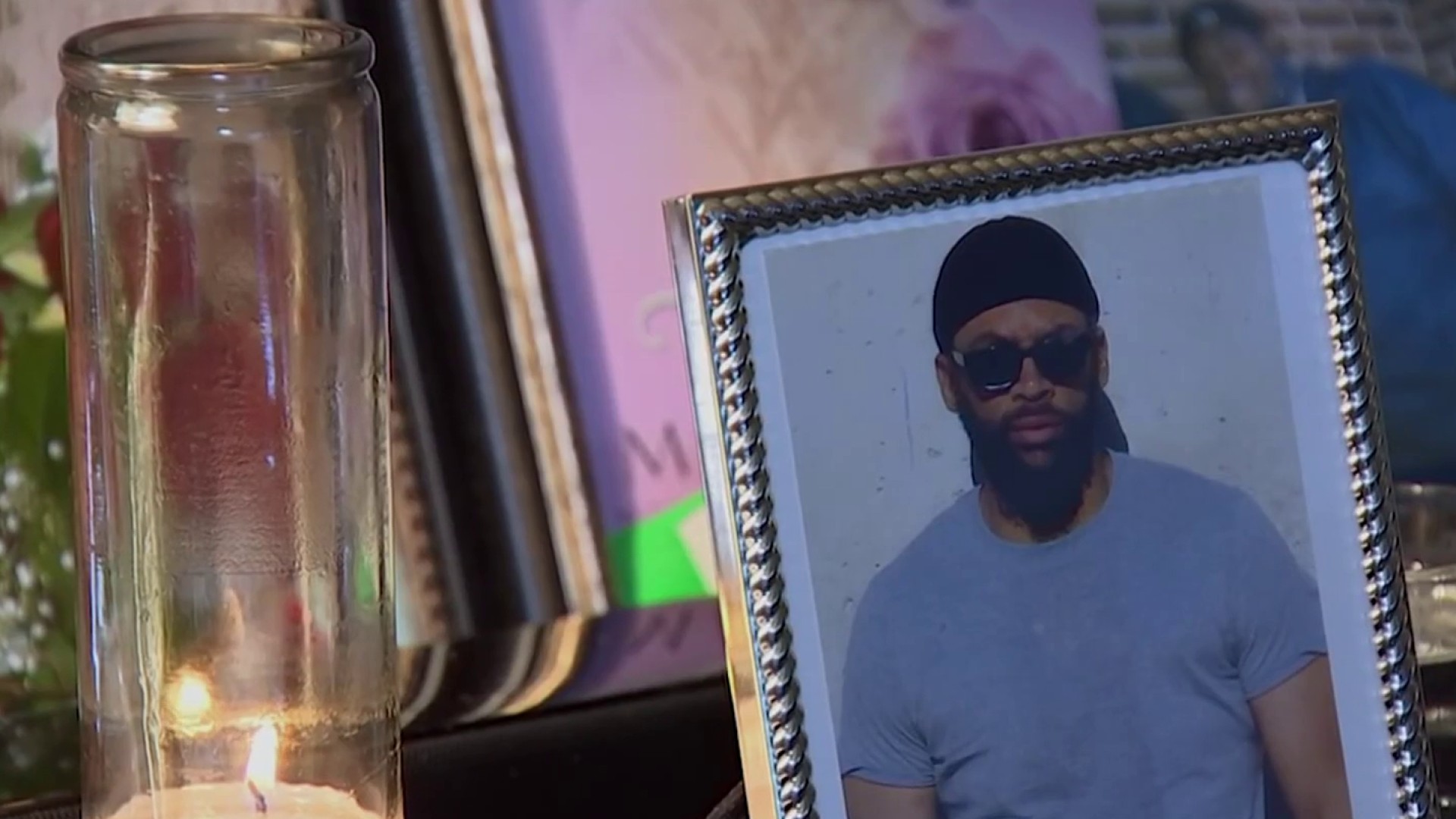Washington, D.C., does not have its own prison after closing Lorton Reformatory decades ago. When people in the District are sentenced to longer sentences, they can be held in federal prisons anywhere in the country. For more than a year, the News4 I-Team has investigated how some of those inmates say they're often targeted.
Since the I-Team started looking into the issue, the recent deaths of two D.C. men were listed as homicides.
Ward 2 Councilmember Brooke Pinto chairs the D.C. Council's Judiciary and Public Safety Committee, which includes monitoring the conditions and safety of those sentenced to the city's jail and federal prisons.
"Serving time for committing an offense is never meant to be a death sentence here in the District of Columbia. That is not acceptable," Pinto said in an interview with the News4 I-Team.
We've got the news you need to know to start your day. Sign up for the First & 4Most morning newsletter — delivered to your inbox daily. >Sign up here.
For the past year, the News4 I-Team has investigated the deaths of three D.C. inmates serving time in federal prisons — some thousands of miles away.
One man's family told the I-Team they plan to file suit against the Federal Bureau of Prisons (BOP) after they say he died from medical neglect while behind bars at a prison in Pennsylvania. Two other inmates housed at the same prison in California were both discovered unresponsive in the prison's special housing unit (SHU), their deaths ruled homicides.
"I think it is an outrage," Pinto said. "I think it is unjust. And it's really important that District residents are serving sentences at least closer to home."
BOP guidelines require inmates to be sent to prisons within 500 miles of their residence whenever possible. The News4 I-Team has found that hundreds of the District's inmates are held up to thousands of miles away.
"When we look at recidivism rates of people coming back and recommitting a crime, one of the most key markers that we know that can tamp that down is relationships maintained with your family, with your community," Pinto said. "So, when you serve a sentence, you can come back and reenter society more smoothly."
Brenda Smith, a professor at American University's Washington College of Law, said being far away also leaves D.C.'s inmates especially vulnerable within the system.
"They're going to a place where nobody knows them," Smith said. "Nobody has heard about them. And all they've heard is about, you know, this, this D.C. population that's coming to them that is entitled, that is violent."
Pinto agreed.
"Folks are supposed to be serving within 500 miles of the District of Columbia. I think that is even too far," she said.
Pinto said she will be focused this fall on working with D.C. Del. Eleanor Holmes Norton to ensure inmates are being monitored.
"To make sure that District residents, regardless of where they are sent, are treated humanely and fairly as anybody," Pinto said.
The I-Team reached out to the BOP for any responses to the deaths. A spokesperson said due to safety, security and privacy reasons, it couldn't comment on the deaths or on any investigations involving inmates.
In the middle of all of this are families who tell the I-Team they're still waiting for death certificates, autopsy reports, causes of death or any news on what led to their loved ones' deaths.
Reported by News4 investigative reporter Tracee Wilkins, produced by Rick Yarborough, and shot and edited by Jeff Piper.



